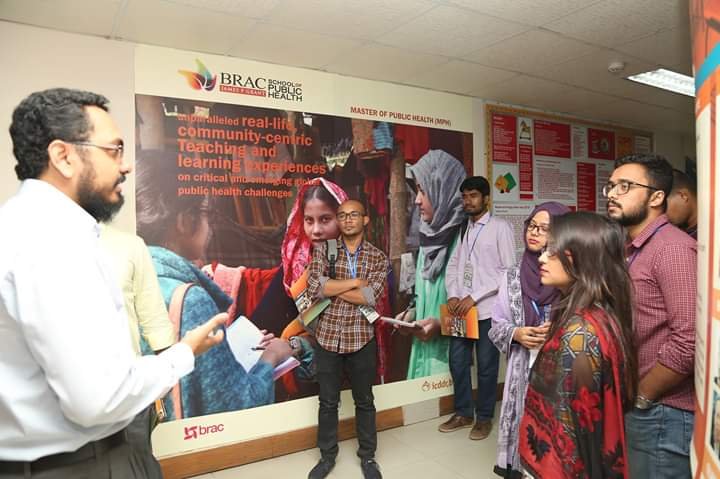
Image from Google
Implementation and scale-up of Kangaroo mother care in Health facilities in Bangladesh",
About CoE- SISU
Bangladesh, although makin g a signi icant advancement in maternal and child health few decades at a nation 1 a aggregate level; there still remains ch sector over the past community. Researchers, donors, implementers related to equity with a focus on reaching the most socio-economically disadvantaged section of the allenges in addressing system delivery issues p ementers and policy makers have identified the importance of a shift from simply disseminating information about proven successful interventions in public health, to Bangladesh. embedding these strategies and knowledge in concrete action plans in an enabling policy context in In this backdrop, the Centre of Excellence on the Science of Implementation and Scale-Up ( CoE-SISU) was established in 2016 in partnership between the BRAC James P Grant School of Public Health, BRAC University and UNICEF Country Office, Bangladesh under the patronage of Implementation Monitoring and Evaluation Division (IMED), Government of Bangladesh (GoB).
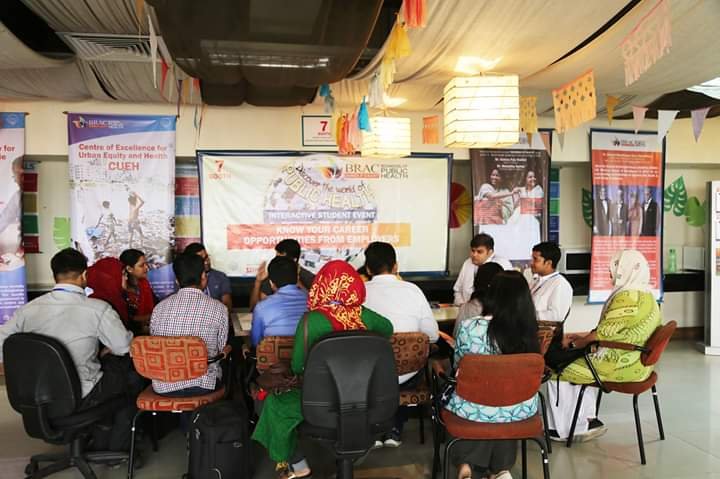
Image from Google
The Centre aims to test different methodologies, and to generate evidence-based interventions, innovations and to translate them into standard protocol for policy-makers to adopt and facilitate them in meeting special challenges in accessing quality basic social services for children and women in Bangladesh.
The Centre aims to bridge the gap between knowledge generation, research and policy formulation and to also identify implementation strategies to help the GoB and key stakeholders to address challenging issues in delivering quality basic social services with a special focus to the hard-to-reach areas and socioeconomically deprived communities.
The strategies applied by the Centre for successful implementation and optimal utilization of quality basic social services are a mix of evidence generation, advocacy, capacity building, and partnership.
Background:
In Bangladesh, the major causes of neonatal deaths include complications of prematurity, neonatal sepsis, and birth asphyxia.
Although the decline in the rate of neonatal mortality in Bangladesh (4% annually since 2000) is better than regional and global averages, it is still only half of the reduction rate of under-five mortality (8.6%), Newborn deaths accounted for over 60% of all under-five deaths in 2016.
Prematurity is attributable to almost half of the neonatal deaths.
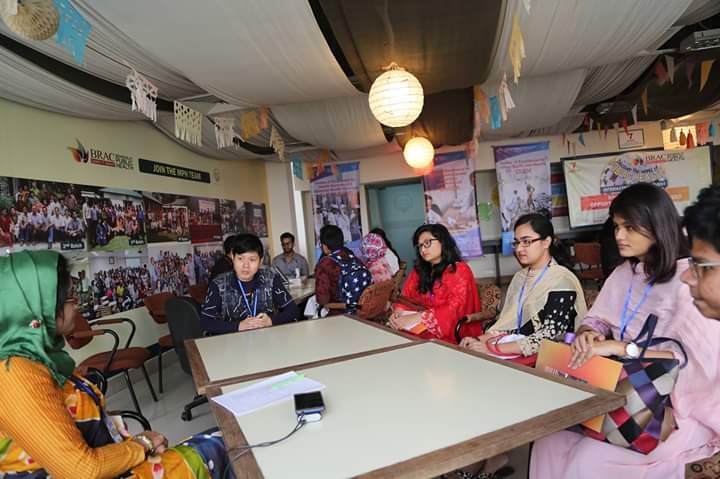
Image from Google
The National Newborn Health Programme (NNHP) was included in the 4th Health Sector Programme that focuses on the effective implementation of high impact new-born services which includes Essential Newborn Care, Cord Care with 7.1% Chlorhexidine, management of Birth Asphyxia, Kangaroo Mother Care and Possible Serious Bacterial Infection (PSBI).
Kangaroo Mother Care (KMC) is a life-saving, low-cost intervention to prevent neonatal mortality clue to pre-term birth.
There are four components of KMC: I) early, continuous, and prolonged skin-to-skin contact between infant and caregiver, 2) exclusive breastfeeding, 3) early discharge from the hospital, and 4) adequate support for caregiver and infant at home. KMC not only provides thermal control, but it is also associated with a 36% reduced risk of neonatal mortality among low birth weight newborns compared to conventional care. World Health Organization (WHO) has officially endorsed KMC for stabilizing babies born with a birth weight of less than 2000 gram in health facilities as a safe complement to conventional neonatal care, and GoB has incorporated KMC as an essential intervention to reduce neonatal mortality and has started implementation of KMC is a few selected health facilities.
However, until now no study has yet been undertaken to understand the implementation process of KMC in health facilities and to identify and understand the challenges, barriers, and enabling factors required for the successful implementation of KMC in health facilities.
A standardized framework to measure implementation and progress towards effective coverage of KMC has been developed, which is yet to be implemented in the context of Bangladesh.
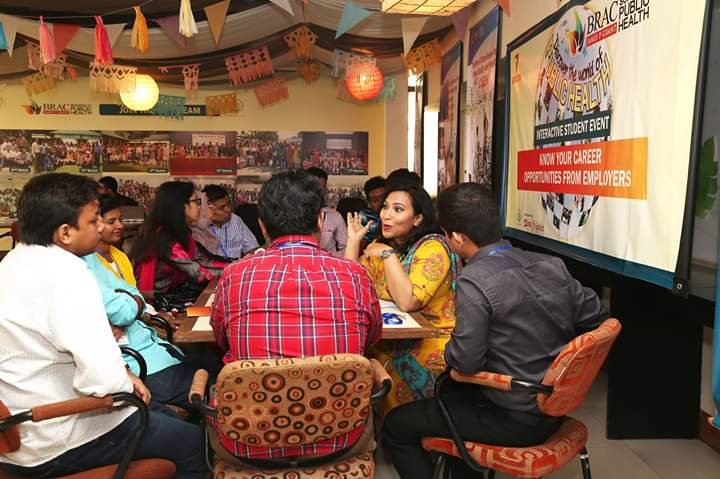
Image from Google
Moreover, there is a wide knowledge gap about the barriers of implementation especially in a resource-limited setting such as in Bangladesh.
In conclusion, it is imperative to carry out research to determine the progress towards implementation of KMC as well as to identify the gaps, document the barriers and classify the enabling factors of KMC implementation in Bangladesh. The findings will support developing an evidence-based model and a strategy for scaling up KMC in Bangladesh which will help reduce neonatal mortality in Bangladesh.
Objectives of the panel discussion
One of the key activities of CoE- SISU is to organize a series of roundtable discussions to bring together different stakeholders(e.g. programme managers, government counterparts, key stakeholders, and development partners and the academia) in one common platform.
The purposes are advocacy, sharing evidence and exchange of best practice and knowledge to improve the overall wellbeing and development of the population.
The proposed panel discussion on "Implementation and scaling up of Kangaroo Mother Care in Health facilities in Bangladesh" aims to reach the following objectives;
• Discuss the situation of KMC implementation in Bangladesh, scale-up plan in the NNHP and HPNSP 2017-2022.
• Share and discuss preliminary findings from the KMC implementation research project of UNICEF: Barriers and enablers for KMC practices in public health facilities.
• Discuss implementation bottlenecks and health system challenges to scale-up of KMC. end implementation strategies to inform the upcoming revision of the national newborn health
•Reco strategy.
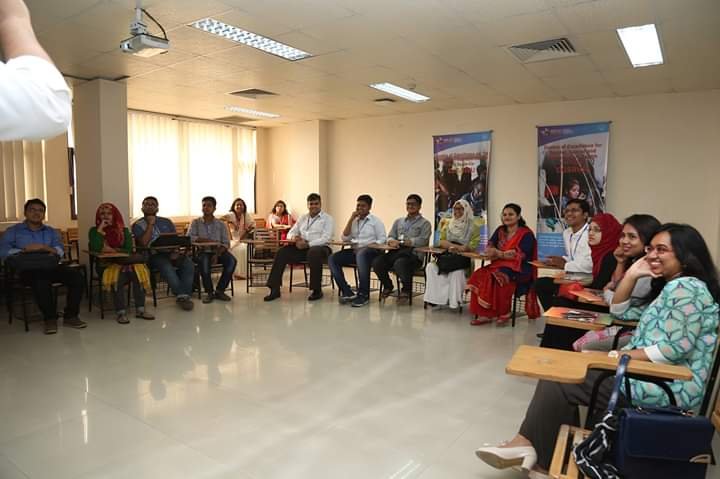
Image from Google
Target participants Panelists:
We plan to invite six experienced panelists who have been involved in practicing, implementin g and scaling up of KMC in local or national level. We particularly expect the participation of the representatives from the government counterparts and also from non-government stakeholders including researchers, programme managers, and policymakers. Audience: We plan to invite a wide range of participants' from NG0s/ING0s, UN agencies and the academia to contribute in the panel discussion. The panel discussion will create an opportunity for the audiences to interact and exchange knowledge by sharing their own experiences and learning% regarding KMC implementation in the context of Bangladesh.
Keynote Address:
Key note presentation on situation analysis of KMC implementation in Bangladesh: Dr.Md.Jahurul Islam, Deputy Program Manager, Newborn Health, NNHP & IMCI, MNCAH, DGHS
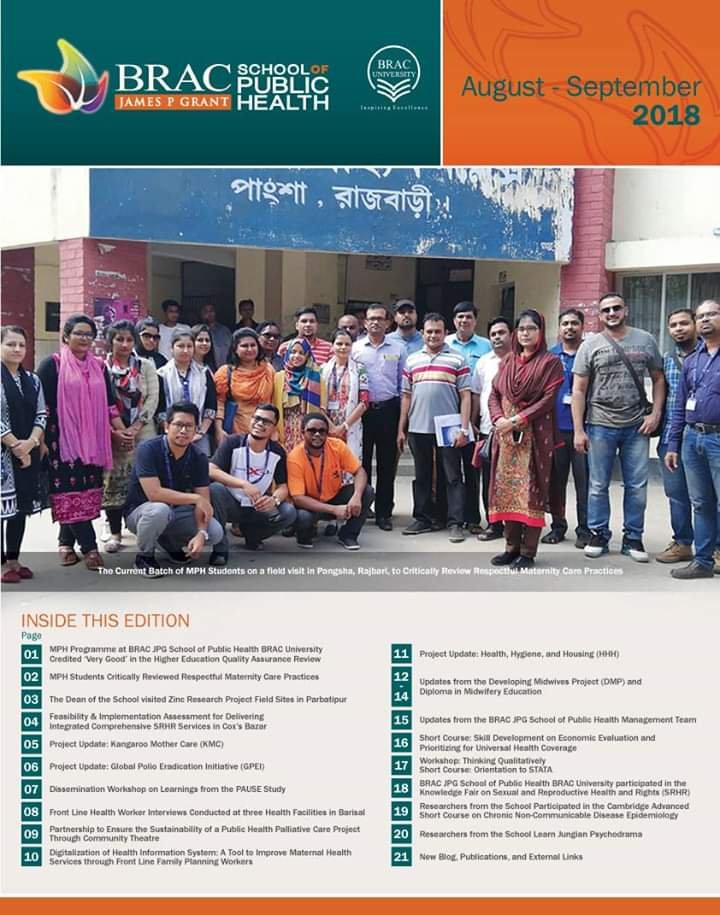
Image from Google
Topic with Panelists:
• Government commitment and resource mobilization for KMC scale-up as per NNHP/HPNSP: Dr. Sultan Md. Shamsuzzaman Line Director-MNCAH, DGHS
• Resource mobilization and partnership for KMC implementation and scale-up: Dr. Mohammed
Sharif, Line Director-MCRAH, DGFP
• Learnings from KMC implementation in Bangladesh: Dr. Wahida Siraj, Save the Children International
• Health system challenges and key bottlenecks at facility level for KMC implementation: Professor MAK Azad Chowdhury, Head, Department of Neonatology, Dhaka Shishu hospital Recommended strategies for KMC scale-up for the upcoming revision of the newborn health strategy: Dr. Ziaul Mating Health Manager,
Congratulations @marryketh! You received a personal award!
You can view your badges on your Steem Board and compare to others on the Steem Ranking
Vote for @Steemitboard as a witness to get one more award and increased upvotes!